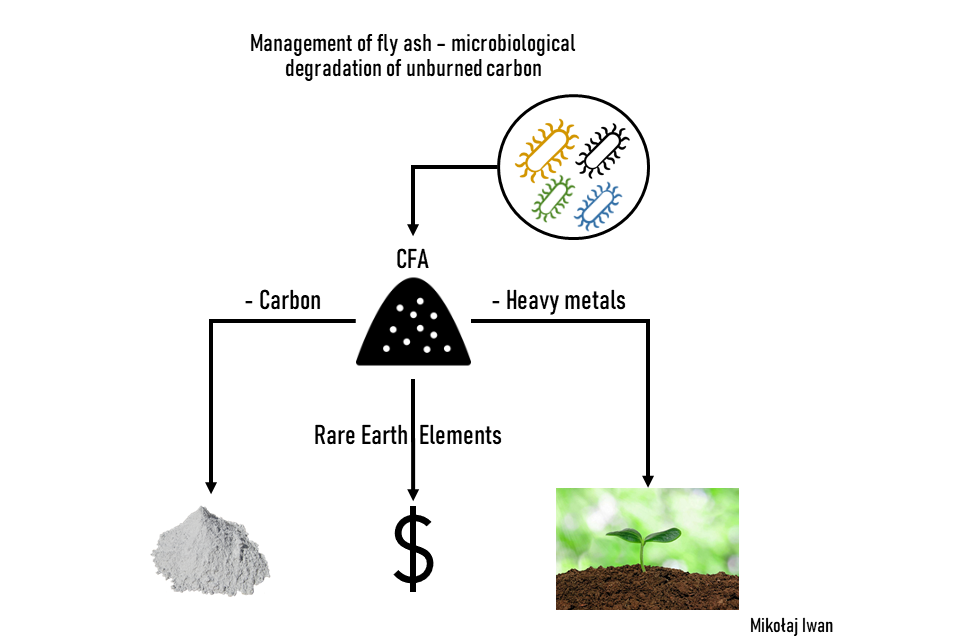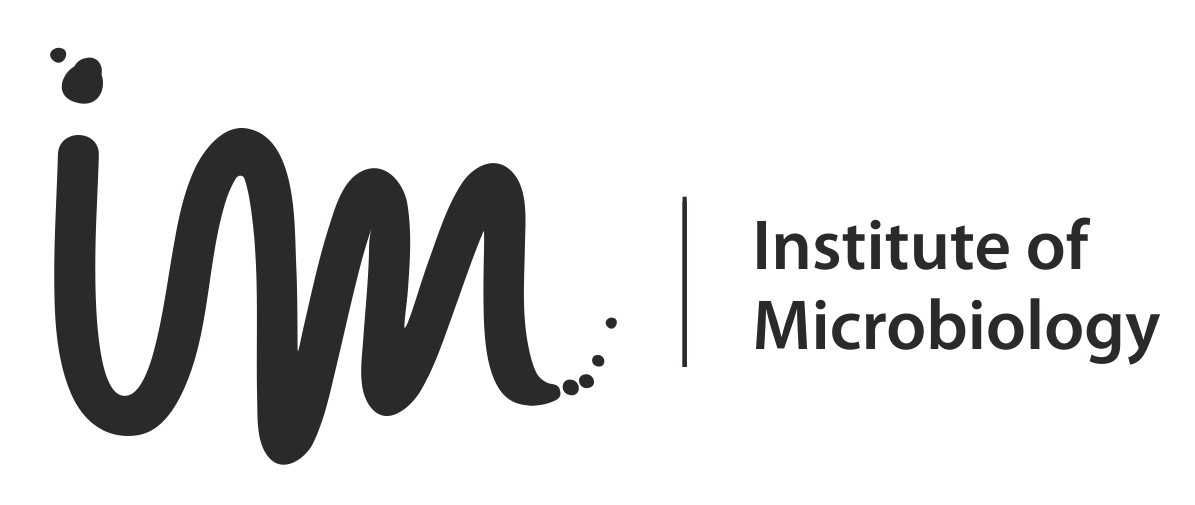Microbe based fly ash management

15 03 2023
Category: IM Seminar
We would like to invite you to the institute seminar: on Monday 20 of March at 2 pm, Msc. Mikołaj Iwan from the Department of Environmental Microbiology and Biotechnology will give a seminar entitled „Management of fly ash – microbiological degradation of unburned carbon”.
Abstract:
Coal fly ash (CFA) is an extremely complex byproduct of carbon combustion produced during operation of coal power plants. Yearly some 800 million tons of it are generated worldwide with most prolific producers being China, India and the USA producing 500, 140 and 115 million tons respectively. CFAs main components are silicon oxide and iron oxides, however heavy metals and rare earth elements can also be found in its composition. In some CFAs carbon comprises a significant share of its overall contents. High carbon content disqualifies such CFA fraction form being used as a cement additive which is the main venue of CFA reuse. This obstacle can be potentially overcome by using microbes to degrade the leftover carbon. Additionally, the CFA that does not fit the criteria of reuse is currently being stored on heaps, oftentimes in less than ideal conditions that can lead to leaching of heavy metals and other toxic components of fly ash into the surrounding environment. Microbes can also be employed as leaching agent producers that aid in controlled removal of heavy metals from the mixture, as well as reclamation of valuable rare earth elements. Another research perspective is use of CFA after microbial treatment as a mixer for soil recultivation since after removal of toxic components we are left with a nearly inert mixture which value for recultivation is additionally reinforced by presence of microbial metabolites of potentially plant and microbial growth promoting capabilities.
